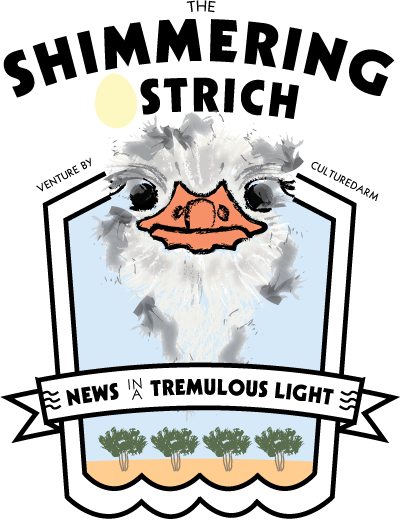The ice rushed down the wall face with no warning but a ‘crck crck crck’, a flurry of jagged translucency muffling the last piercing cries of the steward and the maester who soon lay helpless underneath.
For Maester Ormon, the steward Urvid, and many other men (but no women) of the Night’s Watch, worse was still to come. Within hours they had been turned into wights, their corpses reanimated by the White Walkers who would unleash them over the Seven Kingdoms in a senseless hack and slash with one goal, the spilling of human blood.
But let the annals of Westeros show that the White Walkers never breached the Wall. Brandon the Builder’s vast construct, an 8,000-year testament to the bravery of man, may have had some structural flaws, that’s for sure. The avalanche that felled it was a freak of nature, but it was nature all the same, a source of fear but something tangible.
Yet full of an otherworldly magic, time and time again the White Walkers had tried to bring the Wall down, to hurdle it, to vault it, to slip through the smallest nook or crack, and on every occasion they came up short, left gazing up at the mighty humane edifice full of bitterness and wonder. Brandon the Builder outsmarted the White Walkers, of that there can be no doubt. But when the avalanche came and went the White Walkers just walked on through.
A dissipated and dispirited group of just a few dozen men remained defending Castle Black until the avalanche struck, and now their watch is ended, they are all dead. They sat drinking away the dullness of duty under the dark of night, all the wines of Westeros, dry reds from the Arbor, summerwines of sweet Dorne, a cool white wine spritzer, and from beyond rums and whiskies, a Pimm’s strawberry, a soda and scotch.
And as well as drinking they also ate, oxtail and oatmeal, pies with the-Gods-don’t-know-what inside, grasses and giblets, peas and beans, zesty citruses and wheels of cheese. The trees pressed heavily to the north, hemlock and red cedars, other cedars, white oaks, pines that were folded over like soldiers left too long in runny egg, colossal sentinels, collapsible maples, here and there a weird wildwood. The air was filled thickly with a ribald humour. And then they heard a distant rumbling, now suddenly oh-so-close.
The same fate befell Eastwatch-by-the-Sea and The Shadow Tower, the only other manned castles left along the Wall, which in its heyday boasted as many as nineteen. Ice avalanches are much less common than their snowy brothers, and when they do occur they tend to be caused by seracs, blocks of ice formed by the intersecting crevasses of glaciers which unexpectedly come loose.
In this instance it seems that a crack in an upper section of the Wall – caused by the drunken frolics of a portly maester inside Castle Black – was enough to spur the devastating avalanche. Ice began to tumble from the top of the Wall, resembling rockfall more than the onrush of fluffy snow, and soon it was falling in shards like daggers from the sky, pinning its hapless victims to their graves out in the cold.
By the time the Wall had fallen the ice stretched over whole swathes of the Gift. Mole’s Town was completely demolished. And fragments of ice even landed as far away as the abandoned hold of Queenscrown, with its lonely tower still aloft in the middle of the lake.







